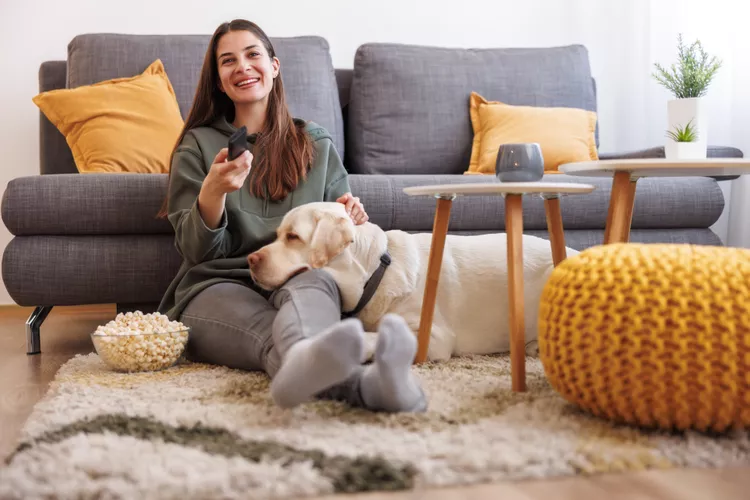
Can dogs eat popcorn? Yes, they can have a few bites, but there are some kernels of information you need to know before sharing your movie-time snack with your pup. Here's exactly how to safely share popcorn with your dog.
Plain, air-popped popcorn is usually safe for dogs when fed in small amounts as a treat. This means you can give your dog a couple of pieces as a special snack during movie night—as long as you’re okay with the begging that’s sure to ensue afterward. Keep in mind that treats should not make up over 10% of your dog’s daily calories. At least 90% of their calories should come from a complete and balanced canine diet.
Although your dog is unlikely to experience significant side effects if they eat a dropped piece of buttered popcorn or popcorn with toppings, dogs shouldn’t eat these types of popcorn regularly. Buttery popcorn can lead to stomach upset or even pancreatitis, and the high fat content can contribute to obesity. Other toppings like salt and sugar can cause vomiting, diarrhea, and dehydration. Some popcorn toppings like garlic are quite toxic to dogs.
All forms of popcorn pose a choking risk to dogs, but you should especially be cautious with unpopped or partially popped kernels. These are easily inhaled and can cause choking. Kernels can also get stuck between your dog's teeth, causing discomfort.
Popcorn may not be a good snack for dogs with dietary restrictions, such as dogs with diabetes or food allergies. Keep in mind that some dogs with food allergies may be allergic to corn. For these dogs, eating popcorn could cause skin issues, diarrhea, and gas.
If you plan to treat your dog to some popcorn, keep the following potential risks in mind:
Signs that your pup isn't tolerating popcorn include:
After feeding your pet popcorn, make sure to monitor your dog for any adverse reactions or digestive issues. Contact your veterinarian with any concerns. If you are concerned that your dog may be choking, seek emergency attention.
You're unlikely to see any side effects if your dog consumes a few pieces of plain, buttery, sugary, or cheesy popcorn. However, if your dog eats large quantities of plain popcorn, monitor for vomiting, diarrhea, excessive gas, and lethargy. If they get into large quantities of buttery, cheesy, or sugary popcorn, you should contact your veterinarian for guidance. You should also contact your veterinarian if your pet consumes popcorn while having dietary restrictions due to conditions like diabetes.
If your pet eats any popcorn with toxic substances, such as garlic or onion powder, contact a veterinarian or pet poison helpline immediately. Consultation fees may apply.
If you're at all concerned or your pet is showing unusual symptoms after eating popcorn, contact a veterinarian.
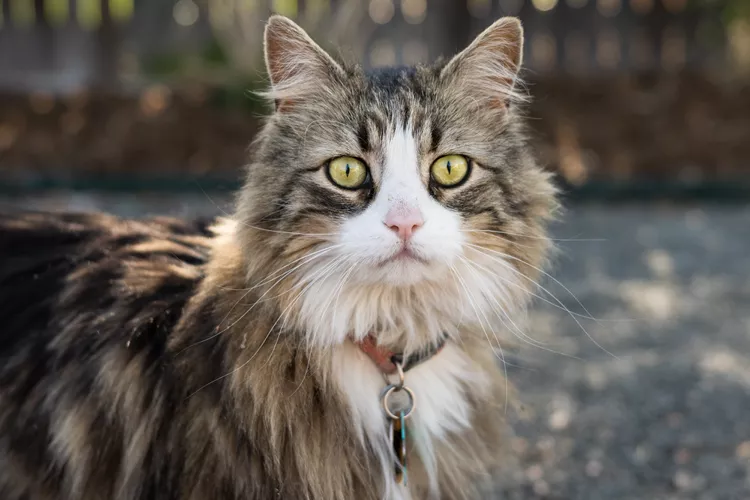
75 Unisex Cat Names
Our gender neutral cat names perfect for your feline friend, with a diverse selection of fun and inclusive options to fit your pet's disposition.
Why Does My Cat Stink?
Is your cat stinky? Find out about the causes of bad odors in cats and when it is something to be concerned about. Learn how to help your stinky cat.
Signs of Rabies in Cats
Rabies is a fatal and contagious virus that can affect cats. Learn about the signs of rabies in cats and what to do about them.
Can Cats Eat Dog Food?
Can cats eat dog food? In small amounts, it's unlikely to be a problem, but long-term feeding of dog food to cats can cause health issues and malnutrition.
Exploring the Different Types of Pet-Friendly Beaches
Are you looking for pet-friendly beaches? Learn about the different types of pet-friendly beaches, their locations, and tips for visiting them with your pet.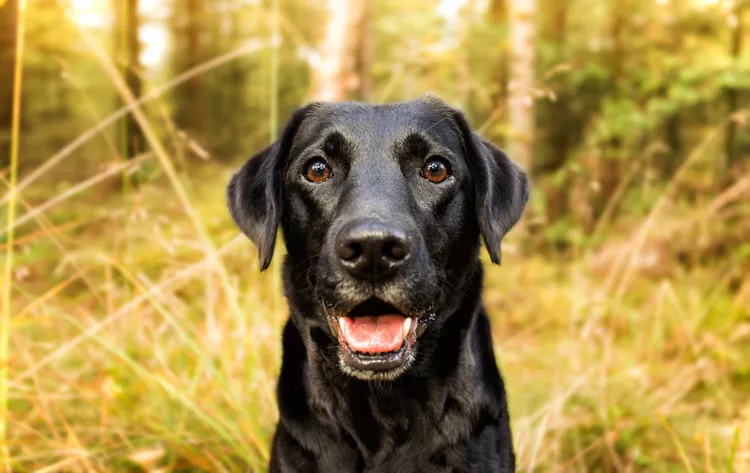
Pulled Muscles in Dogs
A pulled muscle is one of the most common injuries seen in dogs. What can you do if your dog pulls a muscle and how can you prevent it?
Fibrosarcoma in Cats
Fibrosarcomas are potentially fatal soft tissue tumors that can occur in cats. Learn the causes, treatment, and prevention.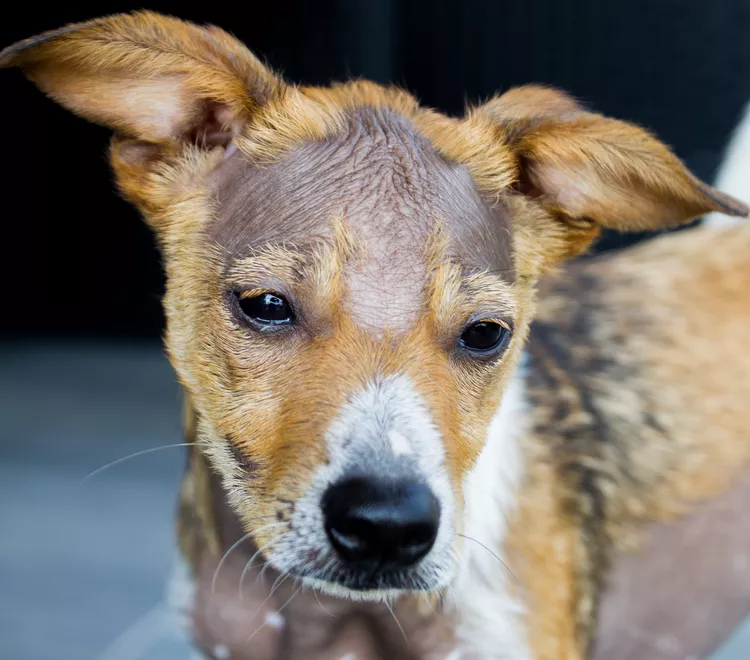
Alopecia in Dogs
Alopecia leads to hair loss and bald spots in dogs. Some breeds may be more at risk. Learn common causes, treatment, and prevention of dog alopecia.
Is Acetaminophen Safe for Dogs?
Acetaminophen is used by humans for pain and fever relief, but is it safe for dogs? Here's what you need to know before giving your dog acetaminophen.
Can Dogs Eat Almonds? Understanding the Risks and Guidelines
Can dogs eat almonds? While a couple likely won't hurt, it's best to avoid feeding your dog this nut. Learn the risks here.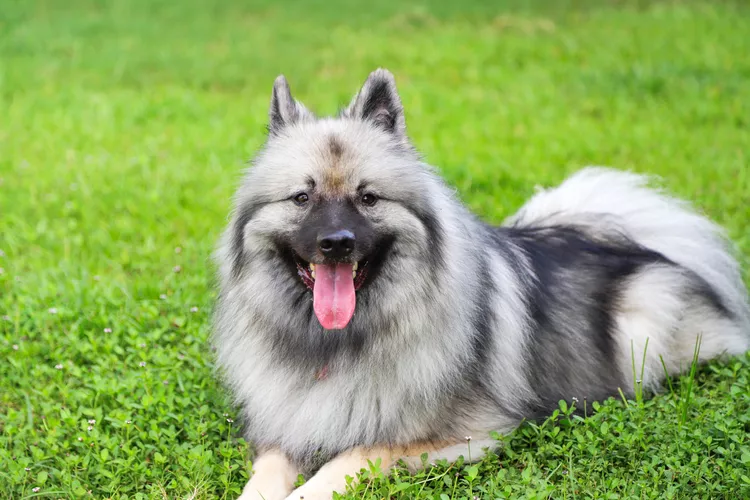
Keeshond: Dog Breed Characteristics & Care
Learn about the keeshond dog, also known as the Dutch Barge Dog. This fluffy spitz breed was bred to guard, but also makes a friendly companion.
Is Rosemary Safe for Dogs?
Rosemary is used both for cooking and as a supplement with many reported health benefits in people, so you may be wondering if it is safe to give to your dog. Rosemary is considered non-toxic for dogs but with some caveats.
7 Hybrid Cats Breeds
Hybrid cat breeds can make appealing pets since they look more exotic than domestic house cats, but they aren't for everyone.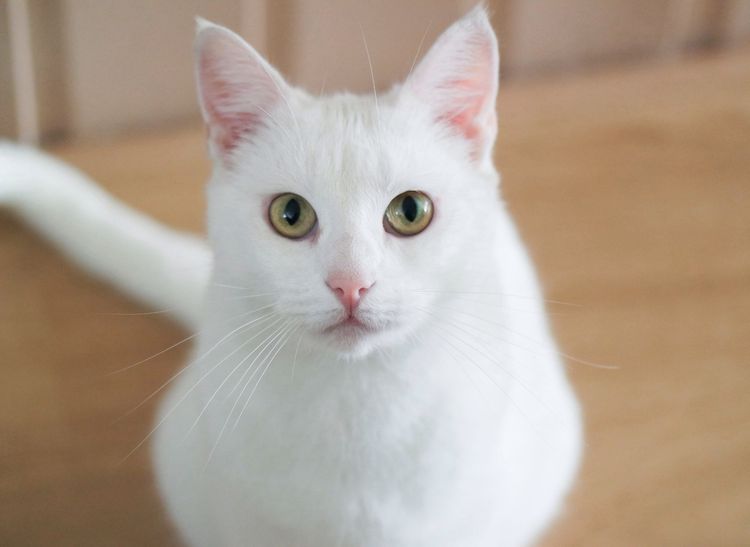
The Best White Cat Breeds to Keep as Pets
Several breeds can result in white cats with long or short hair. Find out the pros and cons of these white cat breeds.
11 Cute Pictures of Ragdoll Cats
Ragdoll cats are known for their beautiful coats and bright, blue eyes. Learn all about the breed, and check out some cute pictures here.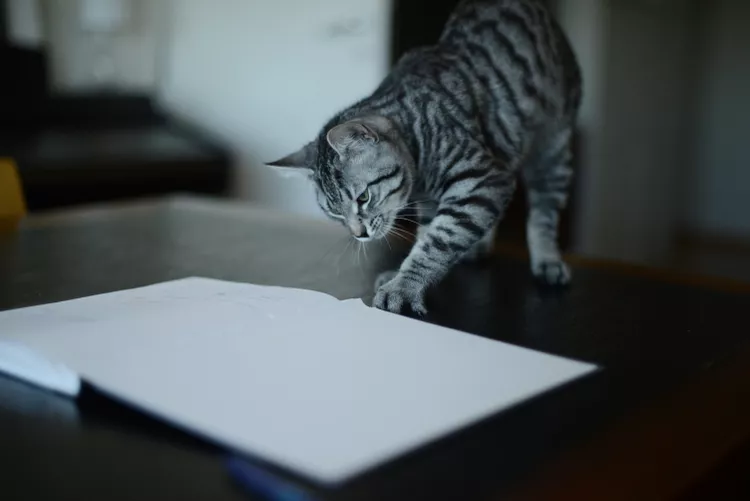
7 Reasons Why Your Cat Eats Paper, and How to Stop It
Is your cat eating paper? Learn why your cat is doing this, and find out how to put a stop to it.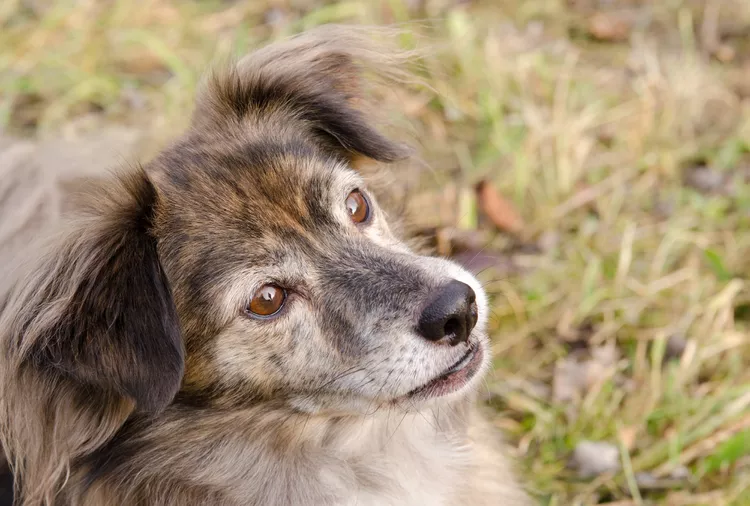
Feist: Dog Breed Characteristics & Care
Feists are small, short-haired dogs developed to hunt squirrels and catch vermin. These high-energy, affectionate pooches make great companion animals.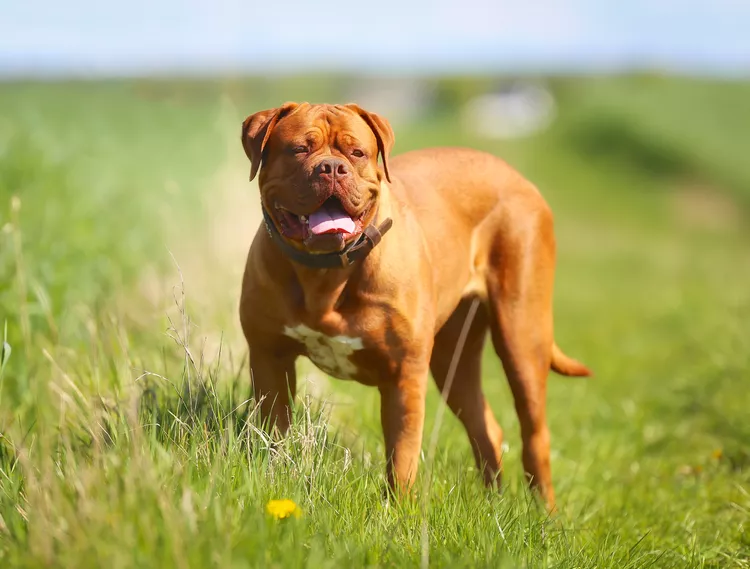
Dogue de Bordeaux (French Mastiff): Dog Breed Characteristics & Care
Learn about the Dogue de Bordeaux, also called the French mastiff. Although large and muscular, they’re known for their calm and gentle personality.
How to Stop Your Dog From Fearing Men
Many dogs have a phobia of men. Learn how to help your dog overcome its fear through desensitization and training while keeping everyone safe.
Why Dogs Eat Poop and How to Stop Them
Is your dog eating poop? Some dogs do this because of stress or illness. Learn how to prevent stool eating, or coprophagia, in dogs.